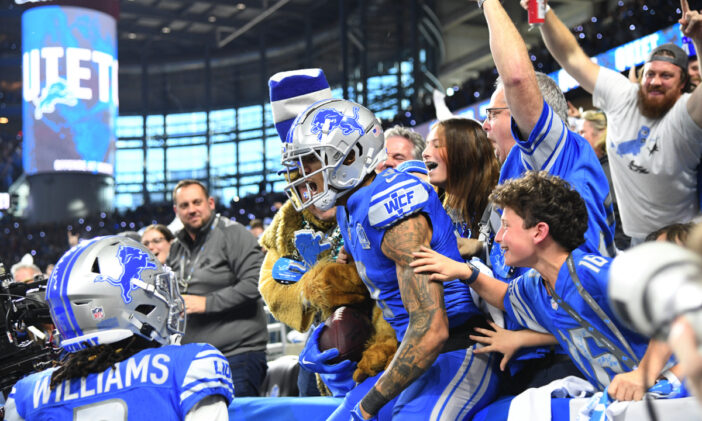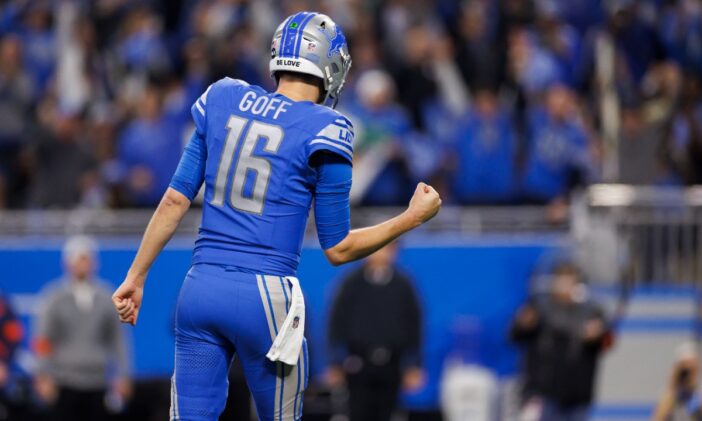Legislation introduced last week in Michigan would shield the identities of multi-state jackpot winners in the Wolverine State from public view.
The bill, HB 5261, would require that the state, except as otherwise provided by state or federal law, not release the name, address, or any personal information for a winner of a prize such as the Mega Millions and Powerball. The Michigan Lottery already allows winners of intra-state lottery games to remain anonymous — and many do so.
A Michigander who wins a lottery prize in a multi-state jackpot can allow the state to release their name only by agreeing to the disclosure in writing.
The legislation has been referred to the House Regulatory Reform Committee.
This is at least the sixth bill of this kind that has hit the table in Michigan. In January of this year, a bill was introduced in the Senate only to not see any action all year. A similar bill failed to advance in 2018. There was also a legislative effort in 2015, and that measure actually passed the House by a 103-7 vote. It died in the Senate. There was also a bill in 2012 and 2011. The 2012 version passed the Senate, only to die in the House, so there has been support, historically, in both chambers in Lansing.
Pros and cons
There are plenty of horror stories about lottery jackpot winners. The sudden wealth, sometimes to the tune of hundreds of millions of dollars, can create challenges for a winner. Those can be greatly exacerbated when their identity is known to the public. Herein lies the argument for player privacy.
Of course, some would say it’s hard to feel sorry for someone who won life-changing money and that it’s their responsibility to manage their newfound fortune.
Still, the lottery games depend on the public trust. Transparency is important. It doesn’t benefit the multi-state lotteries and Michigan if people have doubts about game integrity, though there’s no evidence those concerns would diminish sales.
Another thing to consider is that revealing the name of the winner can be used for marketing of the games, to show that everyday people can win big.
Other states with the policy
Michigan is not alone on an island here. It’s slowly becoming more common in the country for states to allow winners of these potentially mammoth jackpots to remain anonymous.
State laws vary greatly but lottery winners in New Hampshire, South Carolina, Texas, Ohio, Georgia, Maryland, Delaware, Kansas, Virginia, and North Dakota have options to stay behind the curtain. Some states have thresholds or allow you to claim the winnings under a trust.
Michigan’s policy would be one of the strictest, if HB 5261 became law, thanks to information on a lottery winner being exempt from a public records request, as well as no trust requirement.
Other states that have considered some protection for lottery winners include New Jersey, New Mexico, Oregon, Arkansas, Connecticut, Massachusetts, and Minnesota.





